
On Thursday of last week, in words that will live in LA infamy, the National Weather Service of Los Angeles warned of “extreme fire weather conditions” for Tuesday to Thursday of this week, exactly when our city’s worst calamity became the biggest story on the planet.
By Sunday, the warnings had become even more dire– “rapid fire growth and extreme behavior with any fire starts.” What did our leaders do to address these warnings? And is it wrong to bring up such questions as the devastation continues and rescue efforts take top priority?
Maybe, but sooner or later, Angelinos will demand answers. They will want to know why, despite years of warnings, our city was not better prepared.
The horror scenes of the past few days were “years in the making,” according to The New York Times. “Pacific Palisades residents had long pleaded for more attention to preparing for the fires that are striking the region with ever-greater frequency and ferocity. As recently as 2019, two fires that burned near parts of Pacific Palisades had shown the challenges of moving thousands of people through the area’s few escape routes.”
Traci Park, who has represented Pacific Palisades on the Los Angeles City Council since 2022, admitted to the Times that there had been a “chronic underinvestment” in essential infrastructure, including water systems, the electrical grid and resources for firefighting and other emergency response.
“What happened in the last 24 hours was not unforeseeable,” she said. “It was just a matter of time.”
These six words may haunt our city for years—”it was just a matter of time.”
Indeed the apocalyptic nature of the fires and their indelible images will follow our elected officials until they come clean.
In a report in the New York Post titled, “How years of corruption and mismanagement led to LA running out of water in the middle of the Palisades wildfire,” Jared Downing gives us a glimpse of the failure.
“The water shortage was the result of years of mismanagement of LA’s water system — including a federal indictment of a leader and high-profile resignations — as well as major operational problems that drained reserves too quickly,” he writes.
“There’s no water in the fire hydrants,” former mayoral candidate Rick Caruso told the local media as the fires were raging. “The firefighters are there, and there’s nothing they can do — we’ve got neighborhoods burning, homes burning, and businesses burning. … It should never happen.”
Downing writes that “when the same thing happened in neighboring Ventura County in November, humiliated officials blamed damaged pumps and overall lack of water — despite backup systems and protocols that allow firefighters to draw water from other sources,” as the LA Times reported.
In LA, “those fail-safes should have been working and the hydrants should have stayed full,” Caruso told the Times.
Meanwhile, let’s not forget the legacy of terrible fire, forest and water management by the state of California and Gov. Gavin Newsom, who also owes us answers.
“California’s wildfire prevention efforts have been costly and impractical, with tragic results,” energy expert Jonathan Lesser writes in City Journal. “Whether sparked by fireworks, powerlines, lightning, or arson, the conflagrations devastating Los Angeles are just the latest result of decades of ill-conceived policies.”
In other words, there’s plenty of blame to go around, including asking Mayor Karen Bass why she approved an $18 million cut to the fire department.
When calamities strike, officials like to point fingers at anyone but themselves. We must not let them.
For now, let’s root for our brave firefighters and first responders and volunteers and community members and organizations who have mobilized to assist those who have lost their homes and others who are in urgent need.
But let’s also root for the reporters, activists and investigators who will expose the gross incompetence and negligence that contributed to a disaster that will impact our city for years to come.
Winds and fires, like earthquakes and tornadoes, are acts of God. But heeding warnings and minimizing their damage is the responsibility of those elected officials who seem to forget that they report to us.
The answers will come, and so will accountability. It’s just a matter of time.







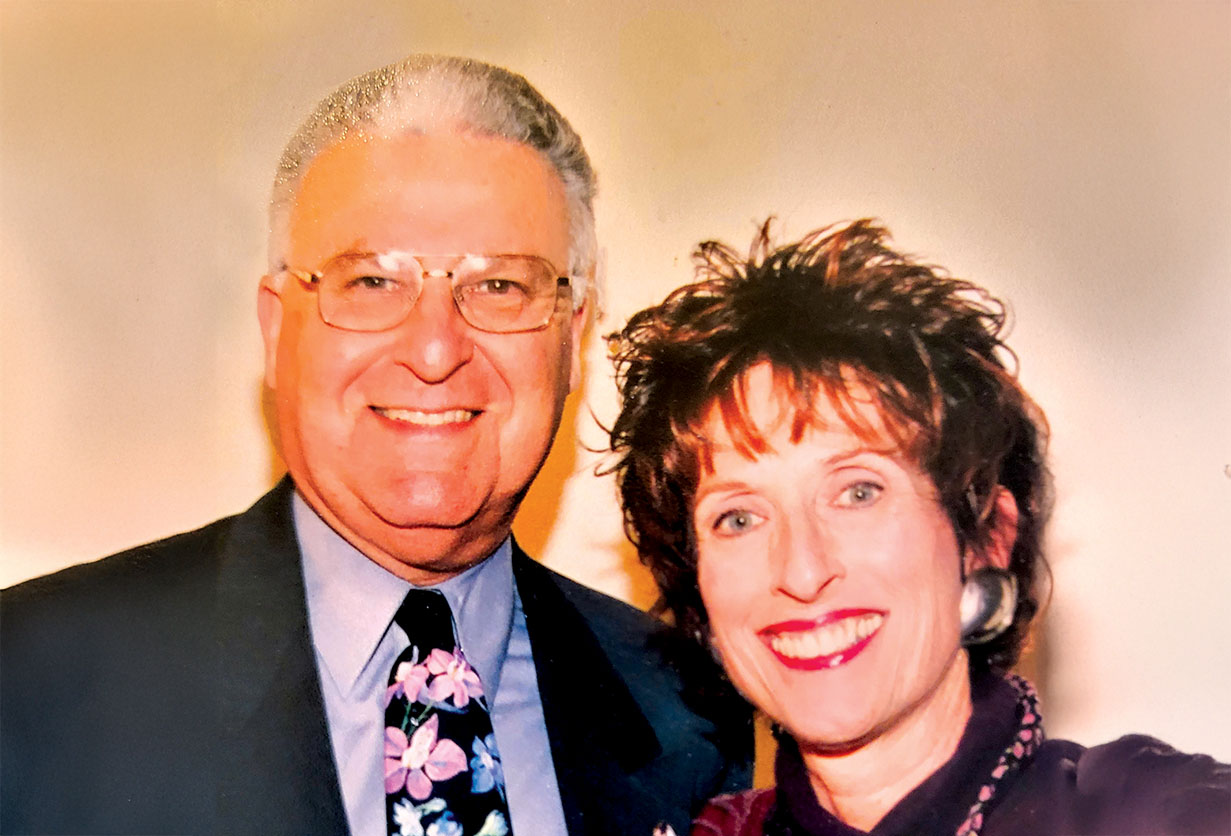

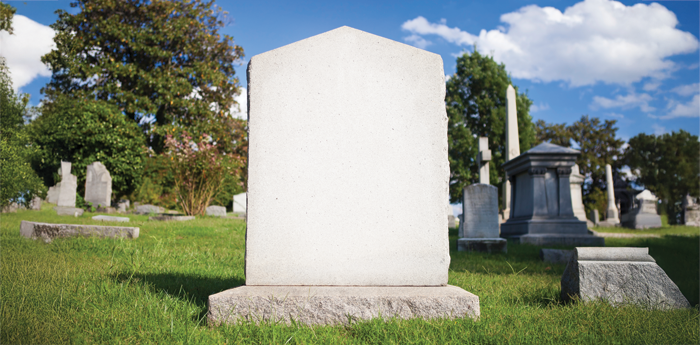

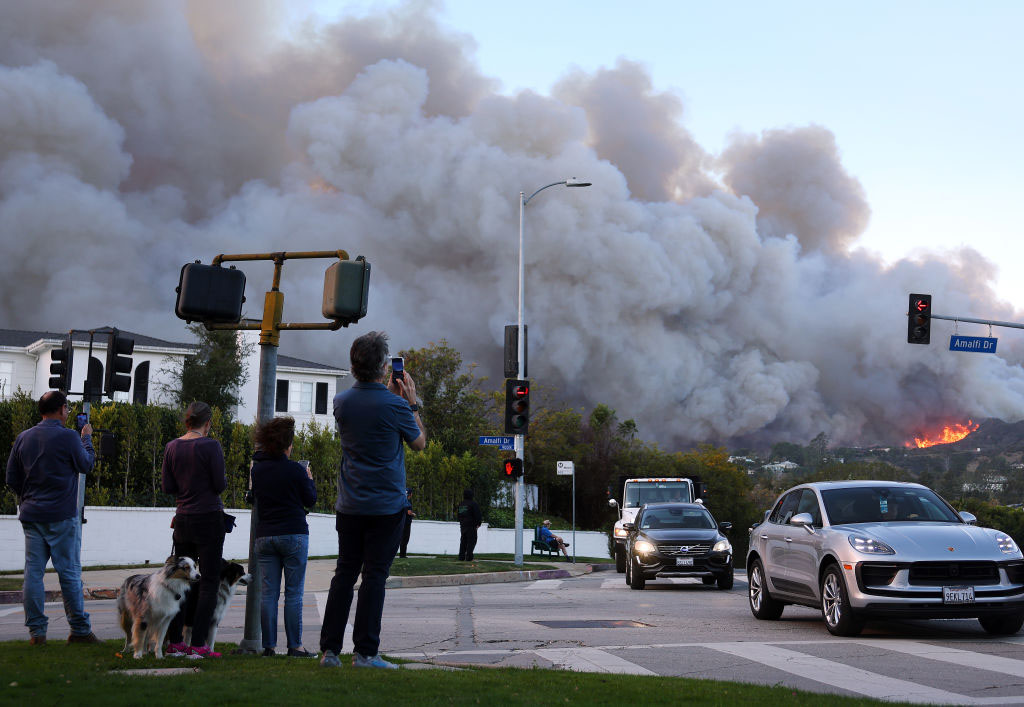

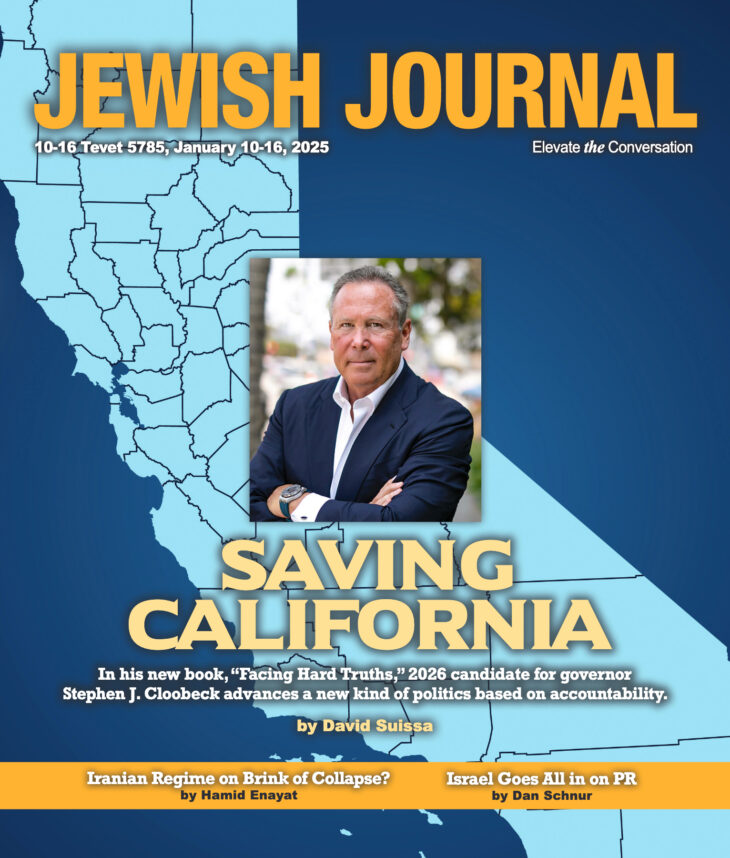
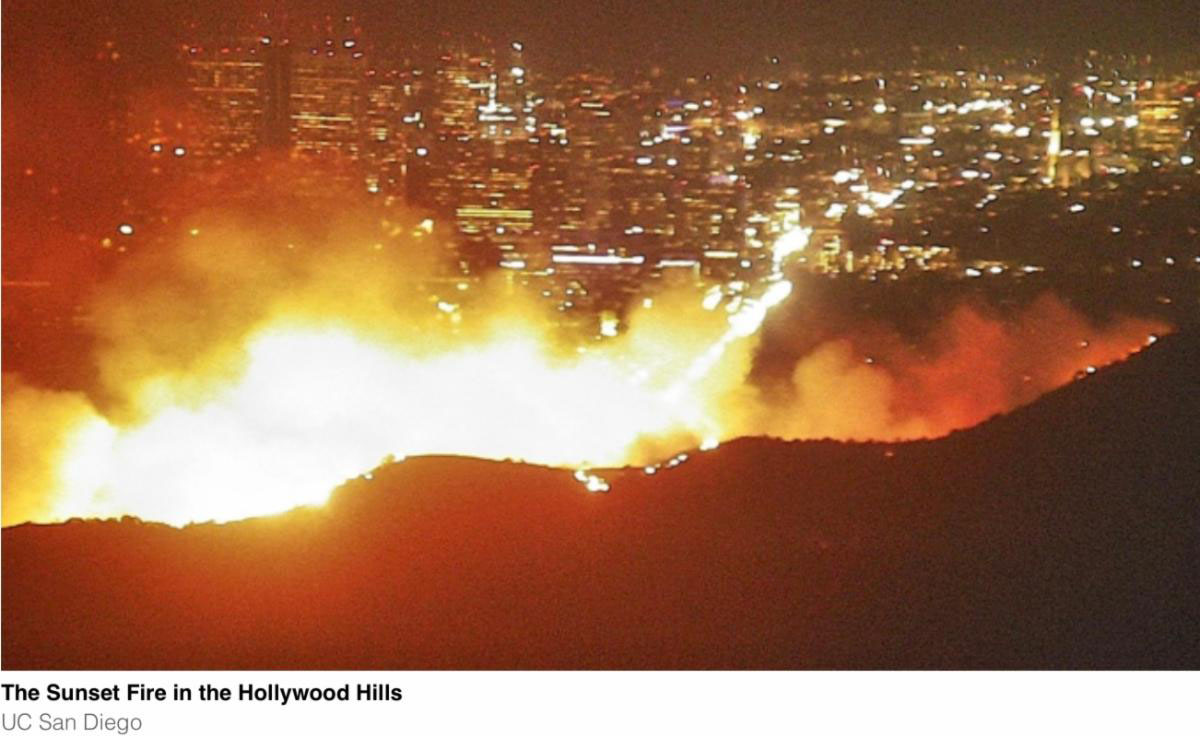







 More news and opinions than at a Shabbat dinner, right in your inbox.
More news and opinions than at a Shabbat dinner, right in your inbox.